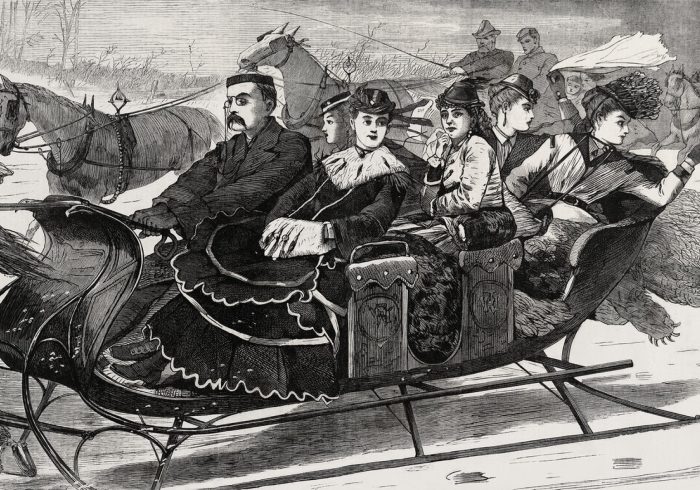Lithuania’s Authorities Approve Higher Fees for Gambling Licenses
In a bid to regulate the gambling industry and generate additional revenue, Lithuania’s authorities have recently approved higher fees for gambling licenses. This move comes as part of the government’s ongoing efforts to address concerns related to problem gambling and ensure the industry operates in a responsible and sustainable manner.
The decision to increase the fees for gambling licenses was made by the Lithuanian Parliament, known as the Seimas, on July 1st, 2021. The new fees are expected to come into effect on January 1st, 2022. The decision was met with mixed reactions from various stakeholders, including gambling operators, industry experts, and advocacy groups.
Under the new regulations, the fees for obtaining a license to operate a land-based casino will increase significantly. Currently, the fee stands at €1.4 million ($1.65 million), but it will rise to €3 million ($3.54 million) starting next year. This substantial increase aims to deter potential operators who may not have the financial capacity or commitment to operate responsibly.
For online gambling operators, the fees will also see a significant increase. Currently, the fee for an online gambling license is €100,000 ($118,000), but it will rise to €1 million ($1.18 million) under the new regulations. This increase is intended to ensure that online operators contribute more to the country’s economy and adhere to stricter regulations.
The decision to raise gambling license fees is not only driven by financial considerations but also by concerns regarding problem gambling. Lithuania has been grappling with an increase in gambling addiction cases in recent years, prompting authorities to take action. By imposing higher fees, the government hopes to discourage operators who may prioritize profit over responsible gambling practices.
Additionally, the increased revenue generated from these higher fees will be allocated towards funding programs aimed at preventing and treating problem gambling. This includes initiatives such as educational campaigns, treatment centers, and support services for those affected by gambling addiction.
While some gambling operators have expressed concerns about the increased financial burden, others see it as a necessary step towards ensuring a safer and more sustainable gambling environment. The higher fees are expected to create a more competitive market, with only serious and financially stable operators remaining in the industry.
Furthermore, the government’s decision to raise gambling license fees aligns with the broader trend seen in other European countries. Many nations have implemented similar measures to regulate the gambling industry more effectively and address the social and economic consequences associated with excessive gambling.
In conclusion, Lithuania’s authorities have approved higher fees for gambling licenses as part of their efforts to regulate the industry and address concerns related to problem gambling. The increased fees aim to deter operators who may not prioritize responsible gambling practices while generating additional revenue to fund programs aimed at preventing and treating gambling addiction. While this decision has received mixed reactions, it is a step towards creating a safer and more sustainable gambling environment in Lithuania.


